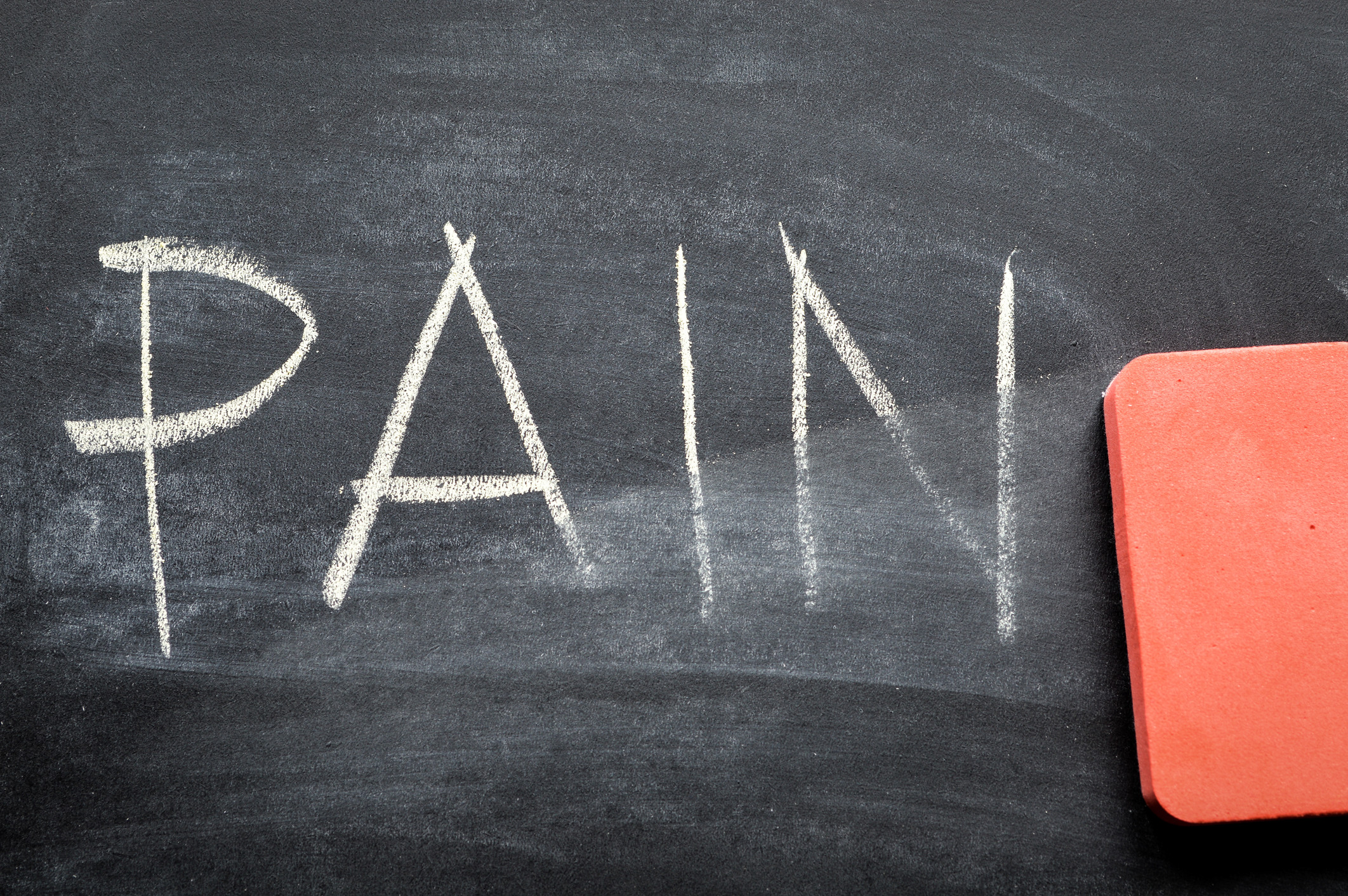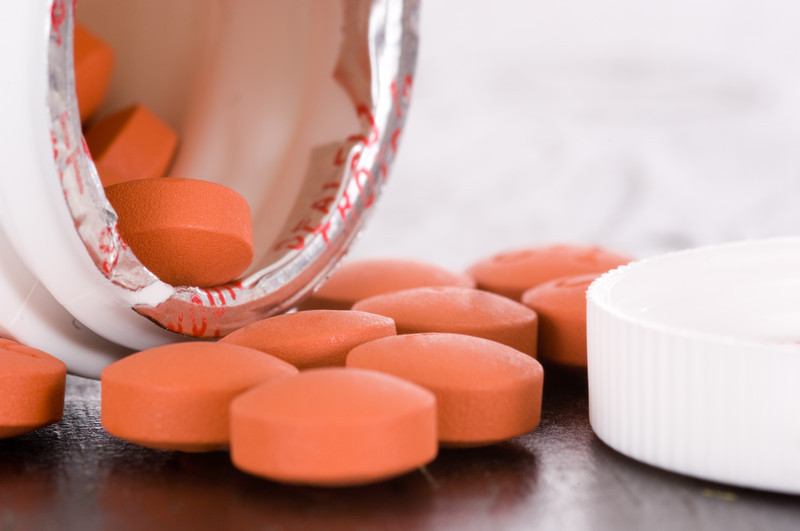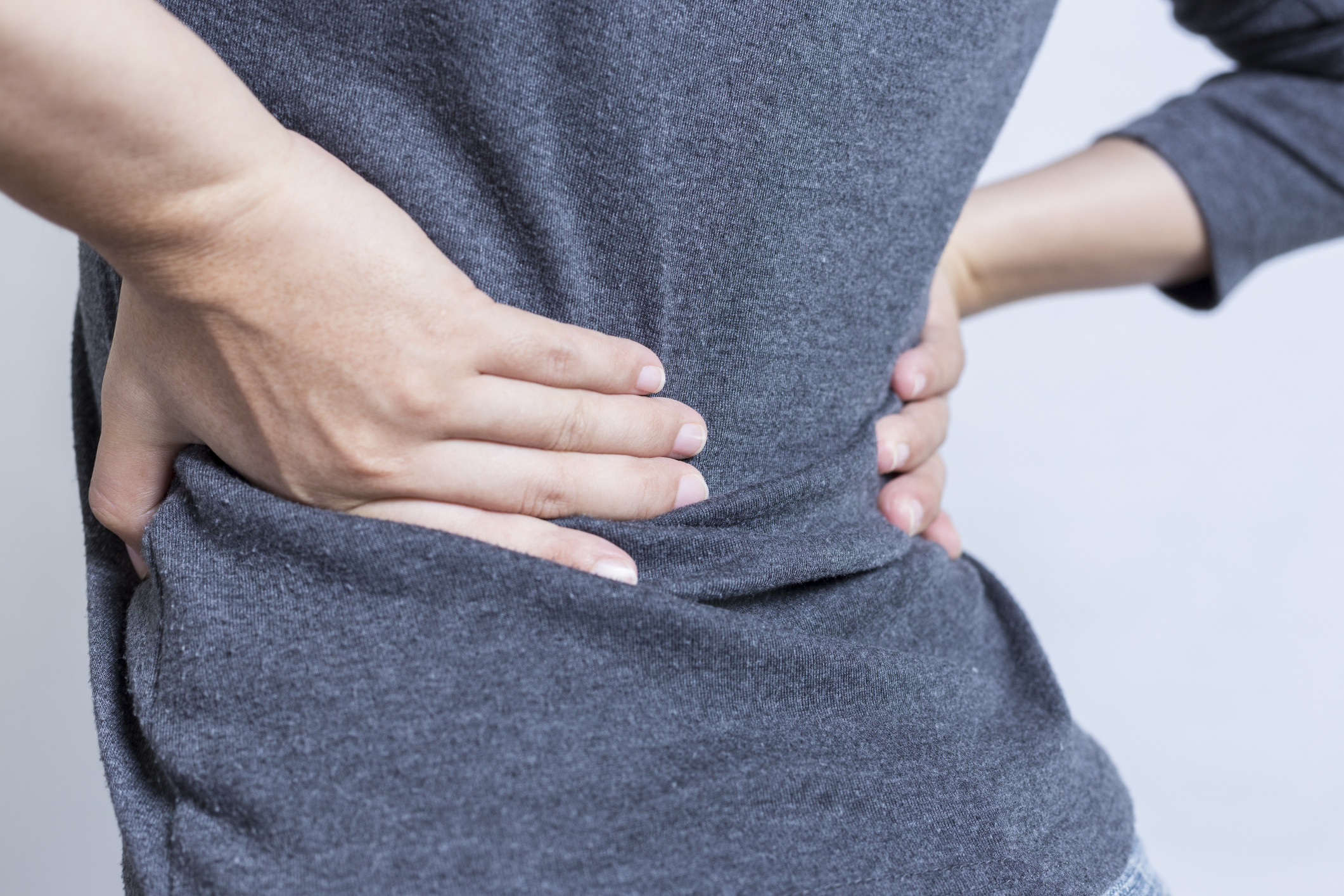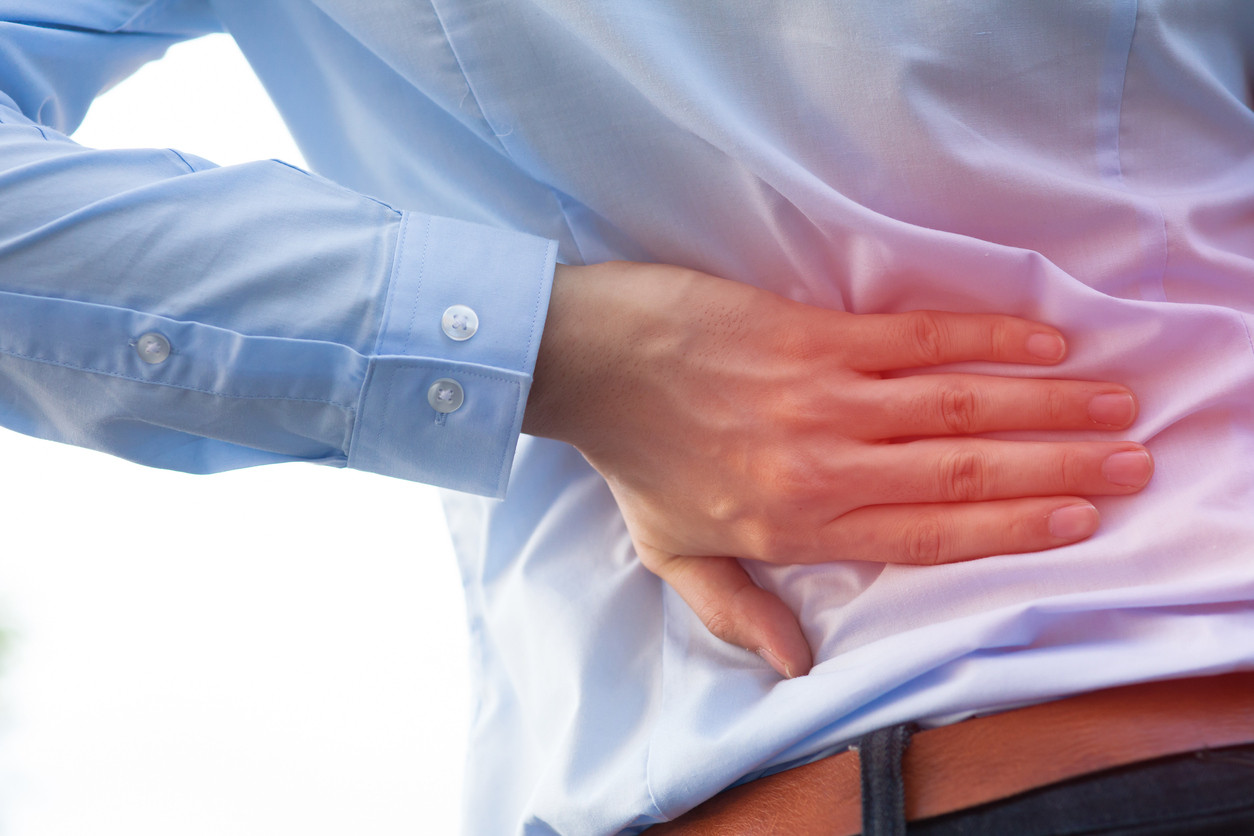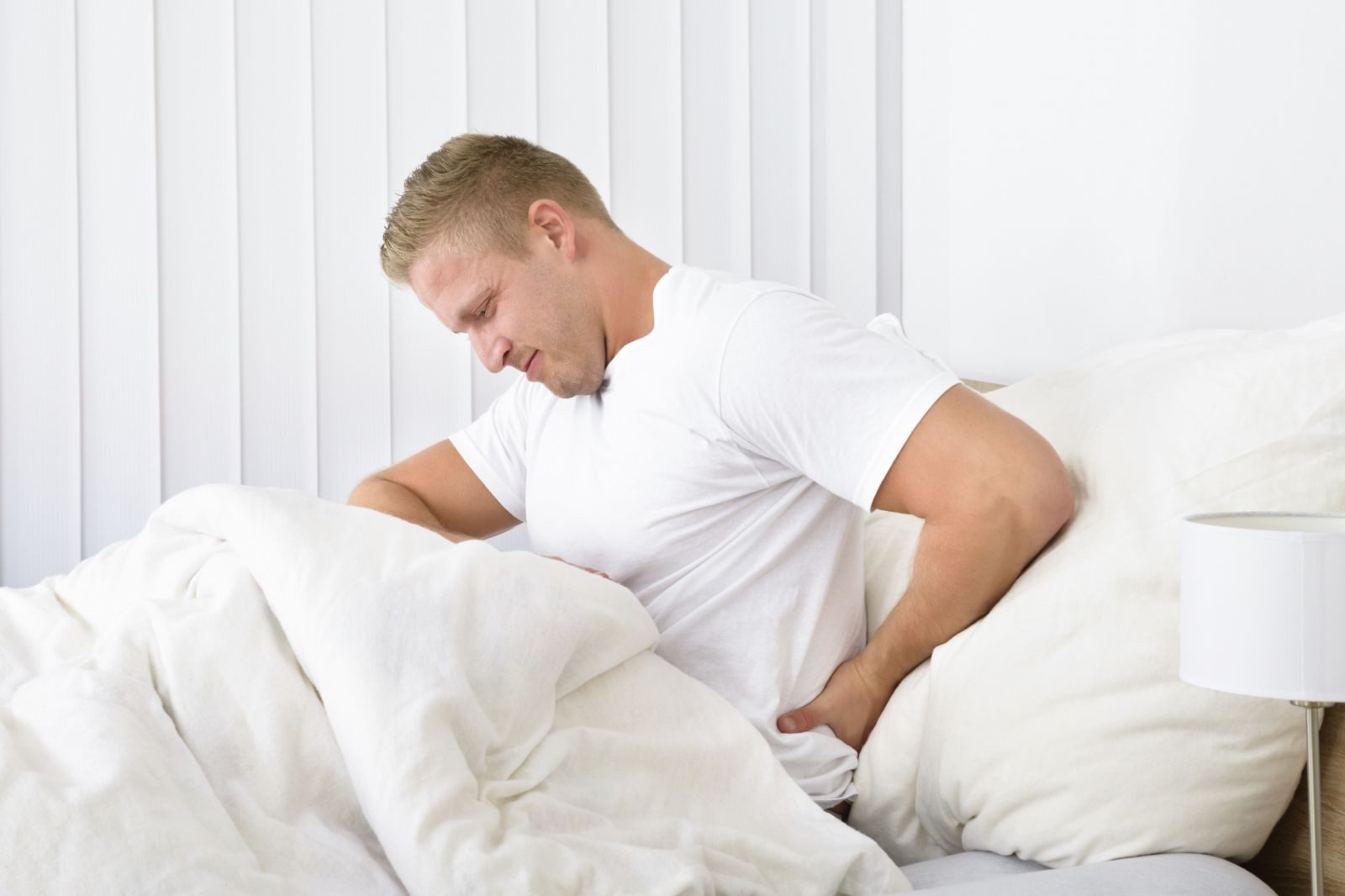
Trying to lose weight? Be careful not to lose muscle

Is your skin problem actually an autoimmune condition?

People with diabetes face higher risk of hearing loss

Antibiotic-free fixes for recurrent UTIs

Musculoskeletal syndrome of menopause: When menopause makes you ache all over

When can older women stop getting mammograms?

To lose weight, especially harmful belly fat, combine diet and exercise

Can men hold off on treating recurring prostate cancer?

The 7 types of rest and why we need them all

What are the early warning signs of cervical cancer?
Back Pain Archive
Articles
Lessons from a chronic pain management program
Comprehensive programs for chronic pain involve a variety of components, from body mechanics to nutrition to occupational therapy and beyond. And while there is no easy fix for chronic pain, and sometimes no permanent fix at all, unexpected victories can be made in the search for answers.
Here’s something completely different for low back pain
With recently revised guidelines recommending that people with low back pain not take medication, it’s natural to wonder: what should I do, then? There are many options, among them heat, massage, yoga, and acupuncture.
Some medications don’t help back pain as much as we thought
With back pain affecting so many of us, it’s eye-opening that a new review of dozens of studies is reporting that many people who took NSAID medications did not feel any better, or felt only slightly better, after treatment.
Emergencies and First Aid - Back Injuries
Unless the person is able to tell you to the contrary, assume that anyone with a back injury also has a neck injury.
Place a board, such as a door or table leaf, next to the person. The board should extend below the buttocks (ideally to the feet) and above the head. Keeping the head aligned with the rest of the body, gently logroll the person toward you. Move the board under the person and ease him or her onto it. If the person is vomiting, lay him or her on one side and continue to support the head.
Bad backs and backpacks
While going to and from school many kids these days look like they have the weight of the world on their shoulders. Although it might not be quite so heavy, some kids actually do carry around a lot of weight in their backpacks. These heavy loads place stress on the spine and shoulders of children, causing muscle strain and fatigue. For some kids the aches and pains are bad enough to seek medical attention. Too much weight can also lead to bad habits such as poor posture and excessive slouching.
Unfortunately, doing homework and being prepared in class means carrying books back and forth between school and home. You can help your child lighten the load by teaching him or her organizational skills. By using folders for individual subjects your child can bring home just the work he needs for the day as opposed to lugging everything home. At school, encourage your child to take frequent trips in between classes to his or her locker to replace books.
Bed rest for back pain? A little bit will do you.
Bed rest, once a key part of treating back pain, has a limited role in healing sore backs. In very small doses, bed rest can give you a break when standing or sitting causes severe pain. Too much may make back pain worse. Here is how to do bed rest "right."
To get the most from staying in bed, limit the time you are lying down to a few hours at a stretch, and for no longer than a day or two. You can rest on a bed or sofa, in any comfortable position. To ease the strain on your back, try putting pillows under your head and between your knees when lying on your side, under your knees when lying on your back, or under your hips when lying on your stomach. These positions reduce forces that sitting or standing impose on the back — especially on the discs, ligaments, and muscles.
Opioid drugs may not help with long-term low back pain
Opioid painkillers are commonly prescribed for chronic low back pain. However, a new study suggests that the drugs offer only modest, short-term relief, and should probably be used in conjunction with nondrug therapies or different drugs.

Trying to lose weight? Be careful not to lose muscle

Is your skin problem actually an autoimmune condition?

People with diabetes face higher risk of hearing loss

Antibiotic-free fixes for recurrent UTIs

Musculoskeletal syndrome of menopause: When menopause makes you ache all over

When can older women stop getting mammograms?

To lose weight, especially harmful belly fat, combine diet and exercise

Can men hold off on treating recurring prostate cancer?

The 7 types of rest and why we need them all

What are the early warning signs of cervical cancer?
Free Healthbeat Signup
Get the latest in health news delivered to your inbox!
Sign Up
